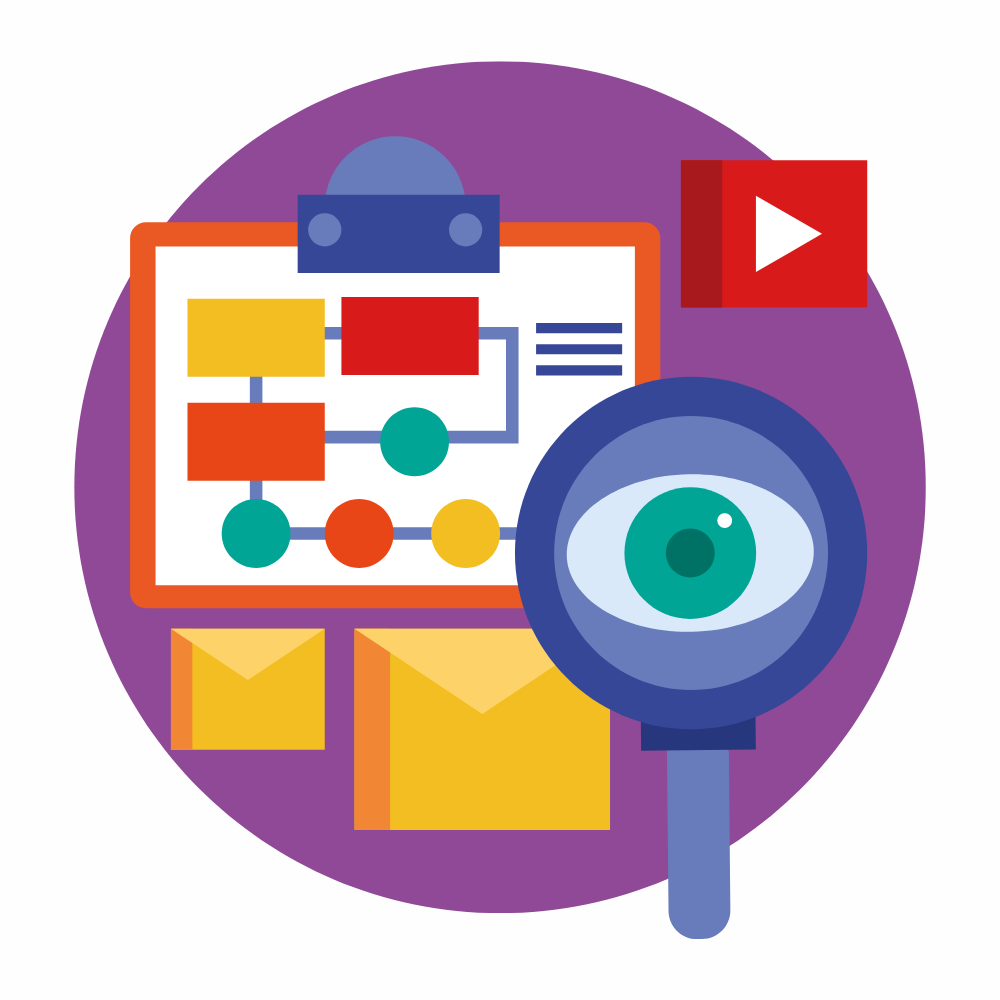DiL M2 - Activities
 Digital Literacy
Digital Literacy
_____________________________________________________________________________________
Activity 1
Watch a video on the differences in scholarly sources, study the table on how to use research tools for searching, and then answer the quiz:
Video (duration 2 m 21 sec) – “Study help: scholarly source explained” by the University of South Australia is licensed under Creative Commons Attribution license (reuse allowed)
Library research tools and when to use them:
|
Tool |
What’s in it? |
When should I use it? |
|
Library Central search (ex. Pantognostis) |
Everything the library has in its collection: books/eBooks journal/magazine/newspaper articles government documents reference books |
New to your topic or assignment? Start here. It gives you a good indication of the breadth of information available on your topic. |
|
Library catalogue |
Almost everything the library has in its collection, except articles: books/eBooks government documents |
Use this to find a specific book or eBook or when you know what title you are looking for. You will NOT find journal articles here. Although most books will have a table of contents, the catalog will not have their full text. |
|
Database |
Specialized or multi-disciplinary peer-reviewed journal articles some trade/professional publications some newspapers |
Databases are useful when you need peer-reviewed content from journals. Get a better understanding of which databases cover a particular topic. |
|
Google Scholar |
Broadly search for scholarly literature. scholarly journals articles conference paper books abstracts research/government publications |
Are you having trouble finding what you're looking for in a database? See what else is available on Open Access websites or authors' own websites beyond the library's collection. Find out how you can maximize access by asking the library. |
Quiz
Activity 2
See the types of sources in the following table, and watch the video(follow the link) on critically evaluating sources with PROMPT
Video (duration 5 m 45 sec) – “Critically evaluating with prompt” by Biological Sciences Libraries Cambridge is licensed under Creative Commons Attribution license (reuse allowed)
What does “source” mean?
|
Types of sources |
Why & how to use them |
|
BOOKS published in printed or electronic form (eBooks) found in academic libraries; or referred to as "monographs" that focus on a specific research topic |
Books contain background or historical facts and can be used to frame analysis or argument. Hot Tip! Locate only the information you need in books by skimming chapter titles or by finding keywords in the Index located at the end.
|
|
ARTICLES a piece of writing on a particular subject in a newspaper or magazine, or on the internet |
Because they are published more frequently than books, articles can contain the most up-to-date information on a topic. Information found in scholarly journal articles can be used to support specific aspects of your analysis or argument. |
|
WEBSITES a set of pages of information on the internet about a particular subject, published by a single person or organization
|
you may find additional sources using popular search engines like Google. Information from the open web can be created by anyone, so it’s important to critically evaluate any sources you might consider for use in academic work. |
Then, study the following article and evaluate its information by answering the quiz:
Ashlee Morgan, Ruth Sibson & Denise Jackson (2022) Digital demand and digital deficit: conceptualizing digital literacy and gauging proficiency among higher education students, Journal of Higher Education Policy and Management, 44:3, 258-275, DOI: 10.1080/1360080X.2022.2030275
Quiz
PROMPT checklist (work created from Open University and licensed under a Creative Commons Attribution 4.0 International License).
Activity 3
Various types of information are published online for different purposes. Every type of website has specific features, and not all are appropriate for academic research. Find more on the different types of websites through the guide of Millard sheets Library, see how to differentiate between these types of sites, and then answer a quiz.
|
Domain |
What it means |
Credibility |
|
.ac, .edu |
An academic institution, educational website |
Usually include reliable and unbiased information |
|
.gov |
Government website |
A reliable source of information that cannot be found anywhere else |
|
.arg, .asn |
Non-governmental/ nonprofit organization |
It is not uncommon for organizations to show bias in one aspect of an issue |
|
.co .com |
Commercial website |
Carefully evaluate these sites since they may not be reliable |
|
.cy .gr |
Country sector |
|
Quiz
____________________________________________________________________________________
